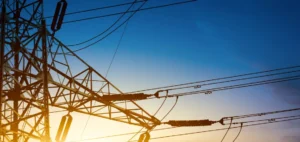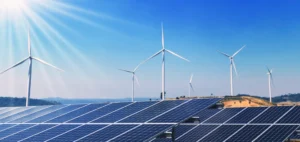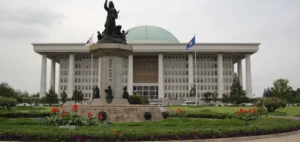Austria receives authorization from the European Commission to ensure the security of its electricity supply.
The country can now create a grid reserve for its electricity market.
Austria will be able to create a network reserve
The European Commission has delivered its verdict on Austria’s application for state aid.
Austria will now be able to create a grid reserve for the electricity market.
Austria’s 2020 application is part of its system for managing congestion on the electricity grid.
Austria wishes to have sufficient electricity capacity to eliminate bottlenecks in the transmission network.
The European Commission’s agreement will enable Austria to make its electricity network more fluid.
Margrethe Vestager, Executive Vice-President responsible for competition policy, says:
“The Austrian network reserve authorized today will enable Austria to guarantee security of electricity supply.”
A complex decision by the European Commission
The European Commission had to decide whether Austria’s project complied with the competition rules in force.
It found that the state aid for the project was proportionate and limited to the minimum necessary.
It noted that distortions of competition were minimal, as the tenders would be open to a large number of bidders.
The Commission also found that the Austrian project was necessary to preserve the country’s electricity grid.
Indeed, Austria’s electricity network is facing numerous structural congestion problems.
The European Commission therefore concluded that the project was in line with EU rules.
Towards a competitive bidding process
Network reserves will be sold through a competitive bidding process.
It will be organized by the transmission system operator.
This reserve will not be able to participate in the market for the duration of its network reserve contract. Austrian Power Grid (APG), the Austrian transmission system operator, has announced its intention to maintain electricity activities in Austria.
To this end, it will pay power plant operators who wish to cease operations to continue.
Indeed, they will be useful in maintaining the balance of the power grid.
Foreign power plants, mainly in Italy and Germany, will also have to be used to maintain grid balance.
If requested by the transmission system operator, they will have to increase or decrease their output.






















